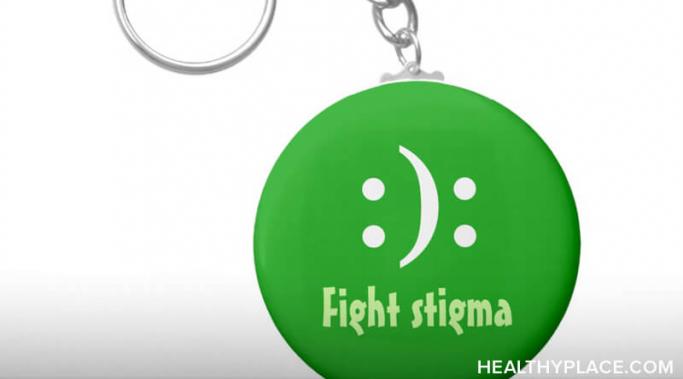Blogs
Anxiety and irritability are often connected. Ever have days when, in addition to feeling wired and anxious, you feel irritated and annoyed at almost everything—and everyone? Anxiety has a way of turning this into a growing problem. Rather than feeling irritable and moving on, anxiety makes people worry about the consequences of things they do or say when irritable and creates feelings of guilt. Guilt increases anxiety, and annoyance at the whole situation builds. This feels like an inescapable horror, but you can escape this cycle of anxiety and irritability.
Do you fear addiction recovery? During my active addiction, I feared everything. Fear was the driving emotion in my life. I was afraid of an unknown future and was most afraid of becoming sober. I'd become comfortable in my mess and just the thought of anything different frightened me. The fear of addiction recovery hid itself in my untruths.
Does having posttraumatic stress disorder (PTSD) make you violent? I haven't seen the Las Vegas shooter accused of having posttraumatic stress disorder (PTSD), but past perpetrators of mass shootings have been speculated to have PTSD. Is it true? Does having PTSD make people more violent or prone to committing acts of extreme violence?
There are reasons your therapist will break confidentiality. For some of us, this may come as a surprise because we've learned to trust our therapist. We see our therapist as Pandora’s box, where we think that they will never share anything that we tell them. However, a licensed therapist is bound by law to share a few things. Here’s what triggers your therapist to break confidentiality.
Coping with anxiety after a tragedy can feel impossible. When something terrible happens, we are faced with so much to process. Suddenly, it can feel as if the world is dark and scary. With the help of coping techniques, handling anxiety after a tragedy is easier.
Recovering from mental illness can feel impossible. It seems like an uphill battle, leaving you feeling stuck and overwhelmed. Finding a place to start when recovering from mental illness is a daunting task. I’m here to tell you that by finding and reading this blog you are well on your way toward an "impossible" recovery from mental illness.
My name is Rachel Miles, and I am very excited to be joining HealthyPlace to write on Surviving Mental Health Stigma. I was first diagnosed with depression and an eating disorder when I was 16 years old. This resulted in my first hospitalization as well as my first experiences with therapy, medication, and confronting mental health stigma. At the time, I had no idea what a significant part of my life these things would become.
Stigma from within the mental health community is the last place I expected to come across stigma for mental illnesses. Last Wednesday, I went to a mental health event that was about mental illness in general, as opposed to focused on one kind or another. I was at the mental health fair, called MindFest, with the Canadian BFRB Support Network (CBSN), Canada’s only non-profit geared towards raising awareness and providing resources for people with body-focused repetitive behaviors (BFRBs). Since BFRBs are a lesser-known group of disorders, I expected questions, but I didn’t expect stigma from within the mental health community -- the people in attendance.
If your child hears voices, your first reaction may be panic. The first time my son said he heard voices, I almost fainted. I work with adults who hear voices due to their mental illnesses, so my first thought was early-onset schizophrenia. My son does not have schizophrenia. Turns out, a child who hears voices isn't that unusual.
My eating disorder treatment experience was a crucial part on my road to abstaining from eating disorder behaviors. Over the years, I have been through many types of treatment programs and have had many different experiences with them all. I hope through reading this you are able to gain insight into what the treatment experience for eating disorders is like.










I believe she will only be able to rid herself of her demons, and hopefully her BPD as well, when she's ready to confront the abuse of her father. If she can put the blame where it belongs, she may stop projecting that victim/perpetrator cycle on the present men in her life. These demons are a metaphor for the purgatory she has created for herself. That reality has consequences in the real world, but it need not be real in the tangible sense. Exorcising her demons will require the expenditure of real physical energy and probably the destruction of aspects of her personality. If this ever happens, and it's possible but not probable, then these demons will evaporate. They are only as real as one's personality is real. In short, reality is not the question, it's what you make of the things you feel to be real.